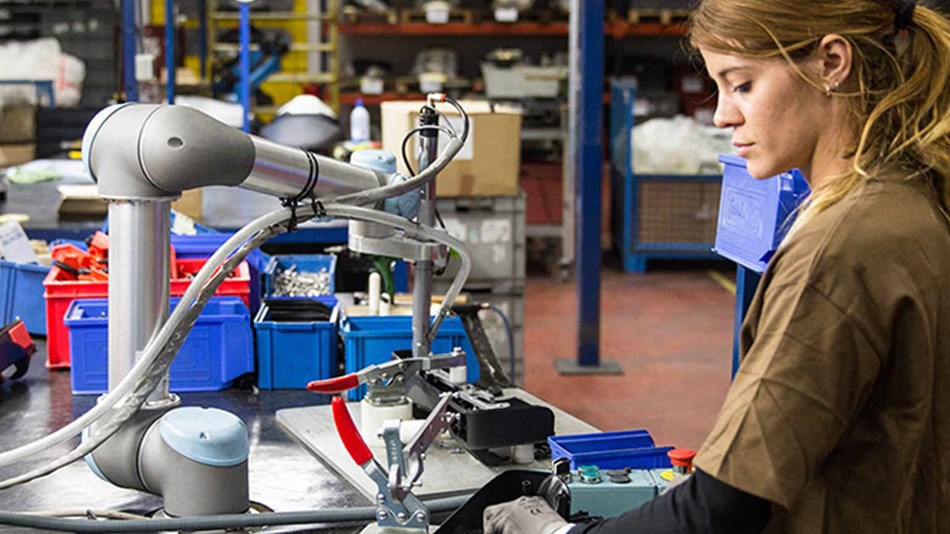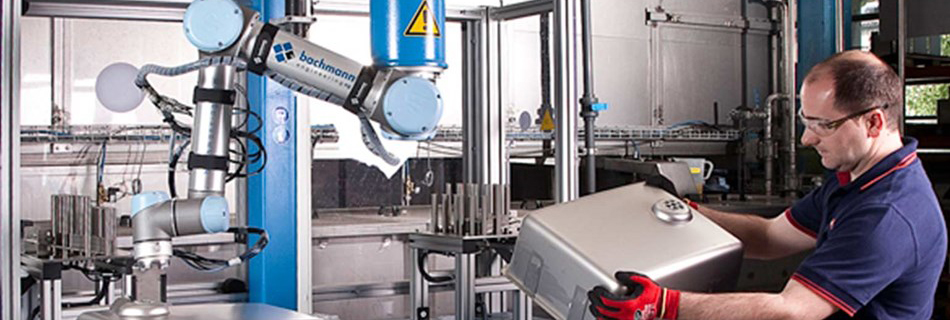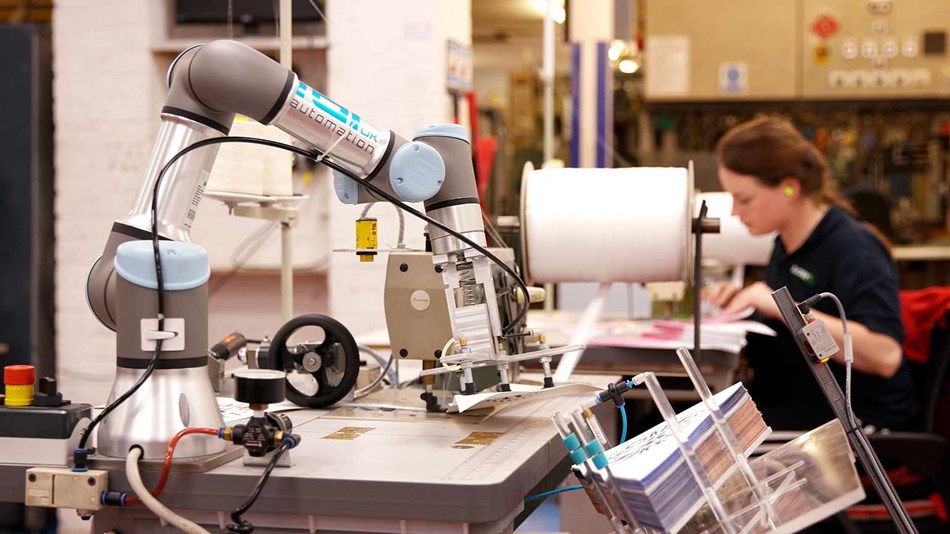In its broadest sense, ‘industrial automation’ refers to the hardware and software tools and associated control systems, that are used to replace or supplement human labor in industrial environments. Examples of automation typically found in manufacturing environments include traditional industrial robots, collaborative industrial robots and mobile robot platforms.
Machines can be used to automate specific jobs, but they don’t offer the same level of versatility and flexibility as robots. Simply put, robots are more flexible than machines. Typically defined as ‘general purpose manipulators that can be programmed and re-programmed to perform a wide variety of tasks,’ robots can be deployed on jobs from quality inspection and assembly to machine tending and palletizing.
Not all industrial robots are the same, however. Traditional robots are expensive, relatively static, have a large footprint, require extensive safety measures such as fencing, and programming the robot usually requires an expert robot engineer.
Collaborative robots (or ‘cobots’), which first came on the scene just over a decade ago with the launch of Universal Robots’ UR5 cobot, offer a different paradigm: affordable automation with a small footprint that is easy to deploy – and redeploy – on a wide range of tasks. Cobots are also highly mobile. They can easily be mounted on a mobile platform or lifted by dolly and moved to a different part of your facility as production schedules change.




